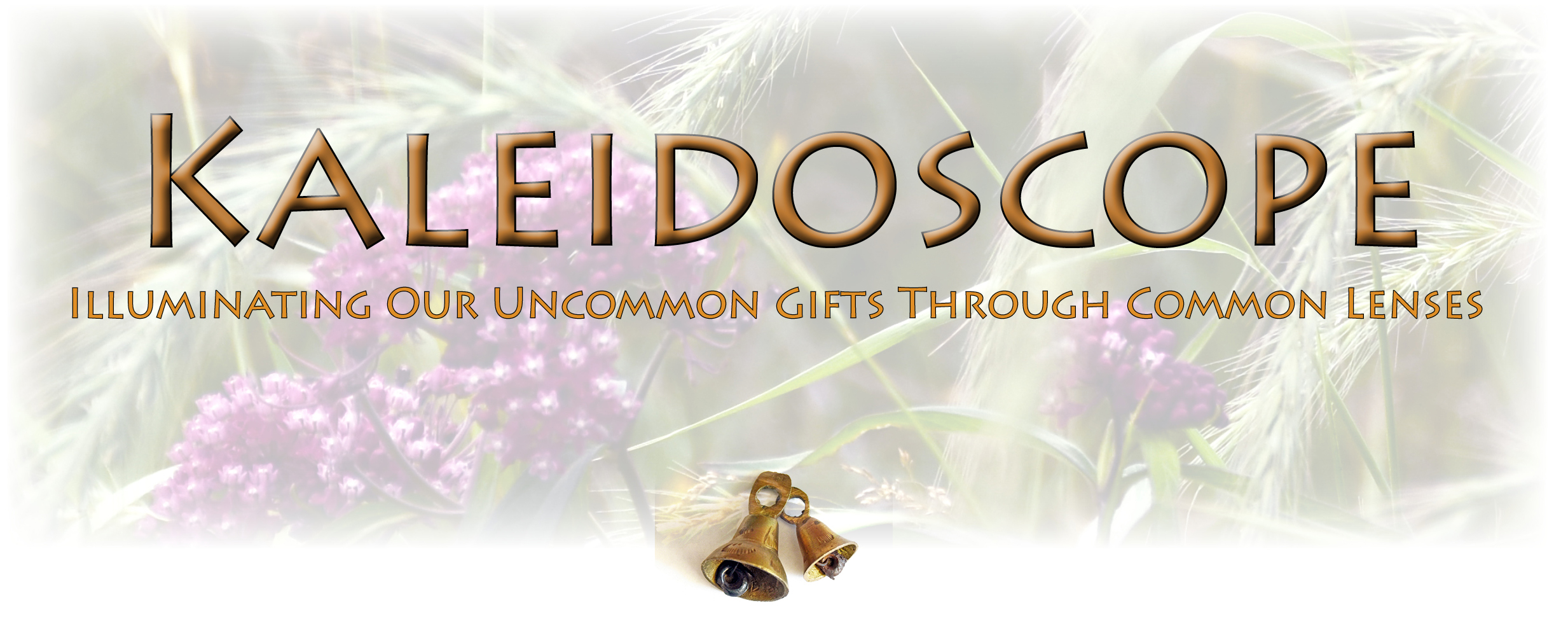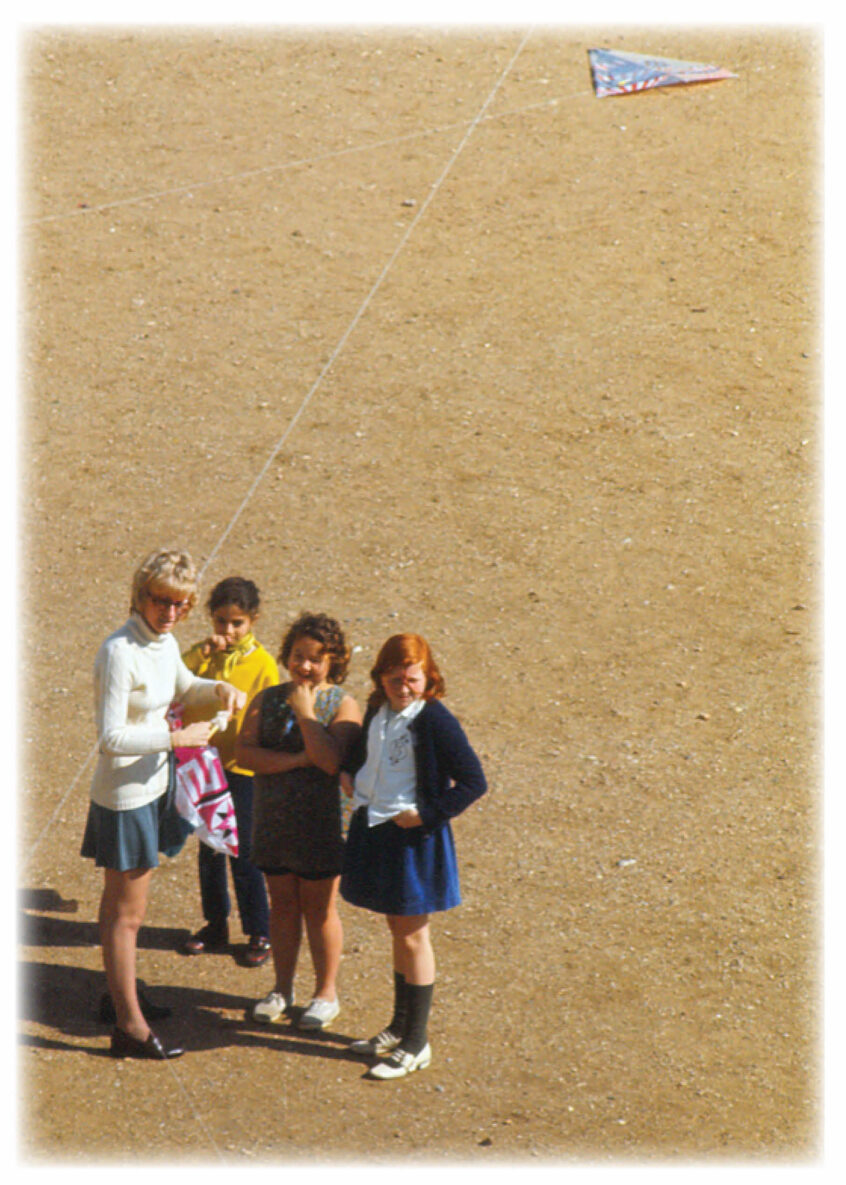Teaching science to my fifth. grade class in Beirut, Lebanon
~~~~~~
Are God and Mother Nature married or are they just good friends?
~ Matthew Louv, when age 4; son of Richard Louv, author of Last Child in the Woods
I like to play indoors better ’cause that’s where all the electrical outlets are.
~ a fourth grader in San Diego
The Center for Ecoliteracy was co-founded almost thirty years ago by the well-known physicist, systems theorist, and deep ecologist, Fritjof Capra. I remember reading The Tao of Physics in the 1980s. So he and the Center have both been around for a while.
The Center is “dedicated to education for sustainable living. Known for its pioneering work with school lunches, gardens, and integrating sustainability into K-12 curricula….”
Early in the book, How Educators Are Cultivating Emotional, Social, and Ecological Intelligence, co-authored by The Center with Daniel Goleman, they lay out Five Practices of Emotionally and Socially Engaged Ecoliteracy:
1. Developing empathy for all forms of life.
2. Embracing sustainability as a community practice.
3. Making the invisible visible.
4. Anticipating unintended consequences.
5. Understanding how nature sustains life.
Helping our children learn how to be in touch with themselves, others, and Nature, and to live sustainably! What a breath of fresh air. This work, focused on youth, is beautifully aligned with the Native American wisdom principle of only making decisions that benefit the children seven generations from now.
When celebrating their 20th anniversary in 2015, here’s what Capra had to say:
“The great challenge of our time is to build and nurture sustainable communities, designed in such a way that their ways of life, businesses, economies, physical structures, and technologies respect, honor, and cooperate with nature’s inherent ability to sustain life.
“The first step in this endeavor must be to understand how nature sustains life. Over billions of years of evolution, the Earth’s ecosystems have evolved certain principles of organization to sustain the web of life. Knowledge of these principles of organization, or principles of ecology, is crucial for designing sustainable human communities. In the coming decades the survival of humanity will depend on our ecological literacy – our ability to understand the basic principles of ecology and to live accordingly.
“We need to teach our students, as it were, the fundamental facts of life – that one species’ waste is another species’ food; that matter cycles continually through the web of life; that the energy driving the ecological cycles flows from the sun; that diversity assures resilience….
“Ecoliteracy involves a new kind of ‘systemic’ thinking – thinking in terms of relationships, connectedness, and context. It means seeing the living world as an integrated whole, and recognizing that the major problems of our time are systemic problems – all interconnected and interdependent. They need corresponding systemic solutions – solutions that do not solve any problem in isolation but deal with it within the context of other related problems.
“Teaching ecoliteracy is the great challenge for education in the twenty-first century. It is an enterprise that transcends all our differences of race, culture, or class. The Earth is our common home, and creating a sustainable world for our children and for future generations is our common task.”

